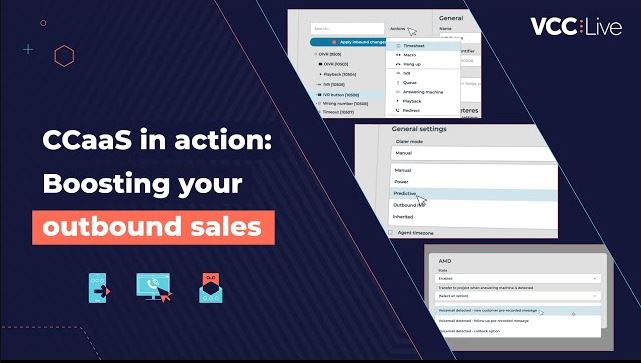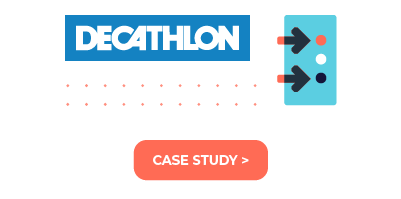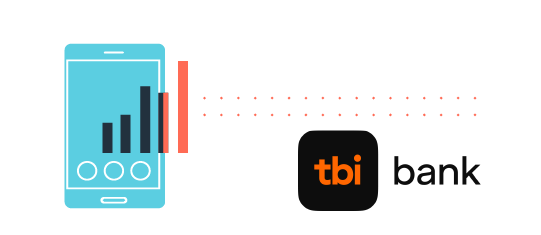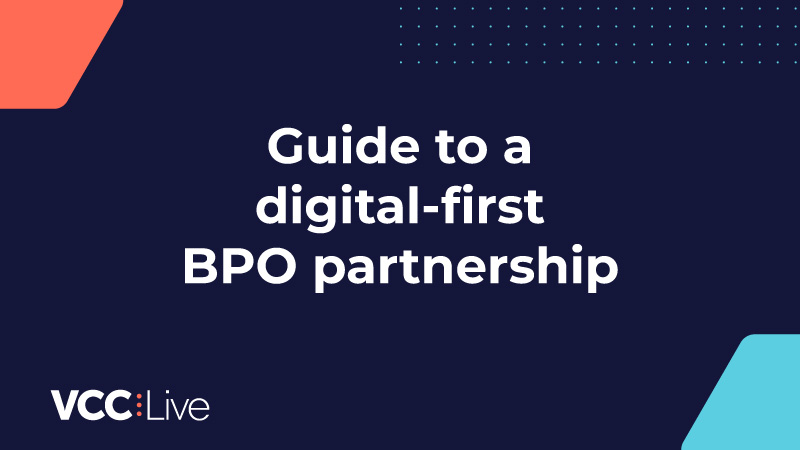Customer service departments have a bad reputation all over the world. The thought of contacting a company’s support team makes most customers roll their eyes in irritation.
But, with competition between businesses increasingly fierce, many of them already realized that one way they can stand out from the crowd is by providing exceptional customer service.
And in our ever-more connected world, where businesses need to rely on the latest technology solutions, one thing your call center can utilize in order to deliver exceptional customer service, is an integrated CRM system.
A CRM system allows your business to collect customer data, identify the most valuable customers over time, and even increase customer loyalty by providing personalized customer service.
But why is it essential for your call center to opt for an integrated CRM system, than just a simple CRM system? Read on and see for yourself!
The importance of using integrated systems in call centers
Most call centers use several technology solutions on a daily basis, and one of the biggest challenges they face is to integrate these systems, while keeping customer data consistent and up-to-date between the systems.
If your systems are not integrated, your agents, for example, will have no choice but to switch from one system to another during customer interactions. And it goes without saying that making your agents navigate among several systems will hurt both your team’s productivity and your customer experience.
Furthermore, it’s crucial for call centers to utilize data analytics in order to make good use of the tremendous amount of data they store and process on a daily basis. And with managing customer data manually no longer a realistic option, if your solutions are not capable of transferring data from one system to another, your employees will face a significant administrative burden, as they will be doubling the amount of data they deal with.
By integrating your solutions, however, you won’t need to worry about having to keep updating and transferring your data.
Establishing communication with API integration
Unfortunately, I still see that many companies focus on keeping data up-to-date in one system, while failing to do so in another. The consequence is inconsistent and outdated customer data, which typically results in customer complaints and frustrated employees overwhelmed with disorganized processes.
In order to ensure that agents have all the necessary information they need to make customers happy, you need an integrated CRM system (such as all-in-one CRM tool Salesmate or Salesforce, which dominates the CRM software market with a 23.8% share) that is able to communicate with your call center software.
If your systems are integrated, your customer data can be stored, processed, tracked and transferred automatically. As a result, your agents will be empowered to deliver an improved customer experience by accessing all the information they need using a single platform.
Of course, there are several methods possible for integrating your systems. Many companies choose to rely on third-party system integrators that develop an additional system, enabling integration between call center software and a CRM system.
However, having an additional system is not an ideal solution as it requires additional costs, time and resources. And as we all know, the more systems, the higher the risk of errors. There is a better way, though, to integrate your platforms without having to develop a third system. In fact, the best way to integrate your systems is by using API integration which is a way for two services to exchange data seamlessly – in this case a contact center solution and a CRM.
Improve CX by using an integrated CRM system
By relying on API integration, you’ll discover new opportunities you never thought were possible. Amongst other things, you’ll be able to integrate your call center software with your Facebook or Google applications, and thus provide a unified customer service on multiple channels.
In addition, as we all know, automation has taken the call center industry by storm. And when it comes to call center security, it’s important to mention API security as well. Considering IT security risks and the increasing number of cybercrimes, it’s essential for call centers to be able to easily transfer their data via a classified channel, preferably automatically without any human interface. And with GDPR already in force, it is also essential to ensure that data transfers are 100% secure and safe. Luckily, a secure API integration makes it all possible!
In terms of performance, a well-structured API workflow can transfer thousands of pieces of customer data per second. VCC Live’s software, for instance, uses Json rest API integration, meaning that, for example, after a closed deal the software automatically sends the customer’s data to the CRM system, while at the same time a third inventory management system indicates the purchased product.
Integration works best if your CRM is able to talk to your other systems, and vice versa, through API integration. Let’s say that your operator is closing a deal with a customer, but the purchased product is not available in your warehouse. If your call center software, CRM system and inventory management system are all integrated, they can immediately send a message to your operator, allowing them to inform the customer that the purchased product is not available while still in the call.
Another great advantage of API communication is that it allows your agents to deliver personalized offers to your customers by using up-to-date customer data stored in your CRM system. For instance, if you run an inbound call center, you can cross/upsell your products or services during wait times. An integrated CRM system will be able to send a message to your call center software informing your agent that the customer on the phone already purchased a TV subscription, thus your agent can offer, let’s say, an Internet subscription to them instead of wasting time on offering a service your customer already has.
With a well-structured API integration, you’ll not only be able to boost your team’s productivity but also increase customer satisfaction. For instance, if your service is down in one region, it’s very likely that calls from that region will immediately increase. In such cases, you can simply identify your customers from that region based on their phone number and display a message to them regarding the relevant issue without any human interaction.
The above-mentioned examples clearly illustrate that if your systems are integrated your business will be able to multiply its productiveness as well as deliver an improved customer experience. Ensure your call center leverages an integrated CRM system and make things easier for both your customers and call center agents. You’ll see it’s worth every penny.



















